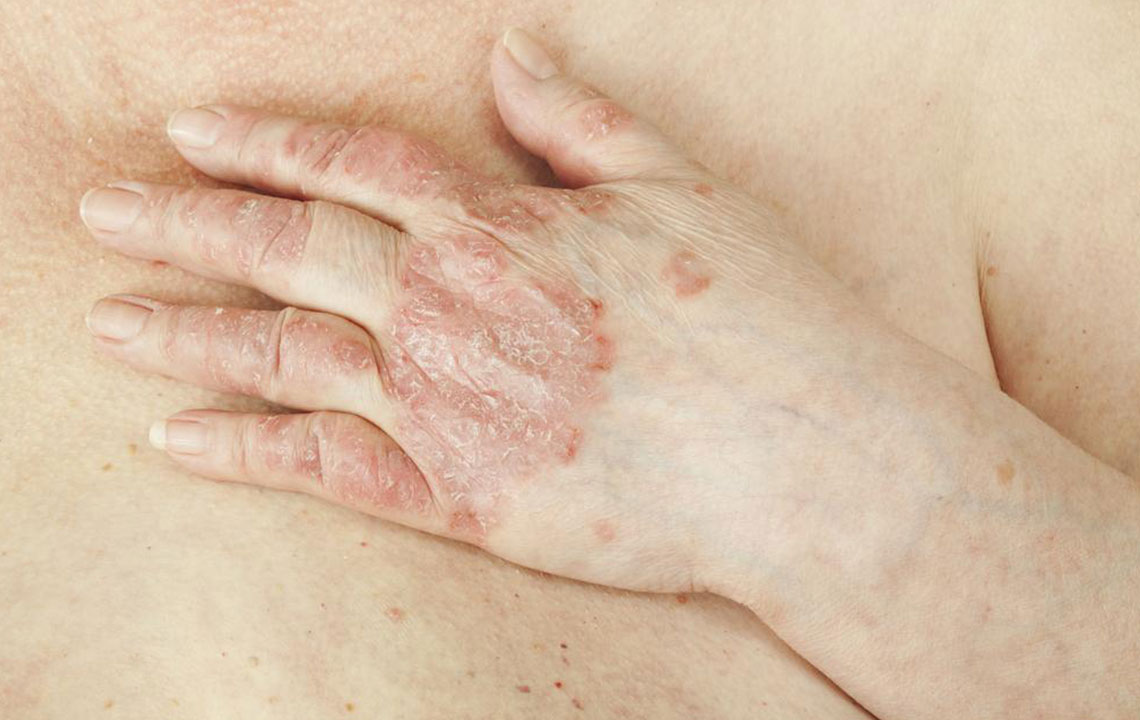Effective Strategies to Manage Psoriatic Arthritis
Explore comprehensive treatment options for psoriatic arthritis, including medications, surgical procedures, and lifestyle changes, to effectively manage symptoms and prevent joint damage. Tailored to disease severity, these strategies help improve quality of life for affected individuals.
Sponsored

Top Approaches to Control Psoriatic Arthritis
Psoriatic arthritis is a unique form of arthritis that primarily affects individuals with psoriasis, a skin condition characterized by red patches with silvery scales. Typically, psoriasis develops first, followed by joint symptoms, but sometimes joint issues appear before skin signs. The severity can vary from mild to debilitating and can impact any part of the body, from fingertips to the spine. While there is no cure, several treatments aim to manage symptoms and prevent joint damage.
Various treatments focus on controlling symptoms and minimizing damage. Flare-ups may alternate with remission periods, making treatment crucial to prevent disability. Treatment options include medications, injections, and surgical interventions, selected based on disease severity.
Medications for Psoriatic Arthritis
Different drug classes are used to address the diverse symptoms of psoriatic arthritis:
Disease-Modifying Antirheumatic Drugs (DMARDs) – These drugs slow disease progression, protecting joints and tissues from permanent injury. Common options include leflunomide, methotrexate, and sulfasalazine. Side effects may include liver issues, bone marrow suppression, and lung infections.
Immunosuppressants – To regulate the immune response, medications like azathioprine and cyclosporine are prescribed, but they can increase infection risk.
NSAIDs – Non-steroidal anti-inflammatory drugs like ibuprofen and naproxen help reduce inflammation and pain. Overuse may cause stomach, kidney, or heart problems.
TNF-alpha Inhibitors – These biologics, such as adalimumab and etanercept, target inflammatory substances, easing stiffness, swelling, and pain. Side effects include infections and gastrointestinal issues.
Newer Medications – Recent drugs like apremilast, secukinumab, and ustekinumab are effective in alleviating symptoms of psoriatic arthritis.
Other Therapeutic Procedures
In some cases, surgery and steroid injections are necessary:
Joint Replacement – For severely damaged joints, artificial replacements made of metal and plastic can restore mobility.
Steroid Injections – Used to rapidly reduce inflammation in affected joints.
Lifestyle Modifications to Enhance Treatment Outcomes
Alongside medication, lifestyle changes can improve treatment efficiency:
Adapting Daily Activities – Use tools like jar openers, lift heavy objects with both hands, and use body to open doors to lessen joint strain.
Regular Exercise – Engage in low-impact activities such as swimming, cycling, and walking to boost joint flexibility and muscle strength.
Maintaining a Healthy Weight – Controlling weight reduces joint stress and eases symptoms through a balanced diet rich in fruits, vegetables, and whole grains.






